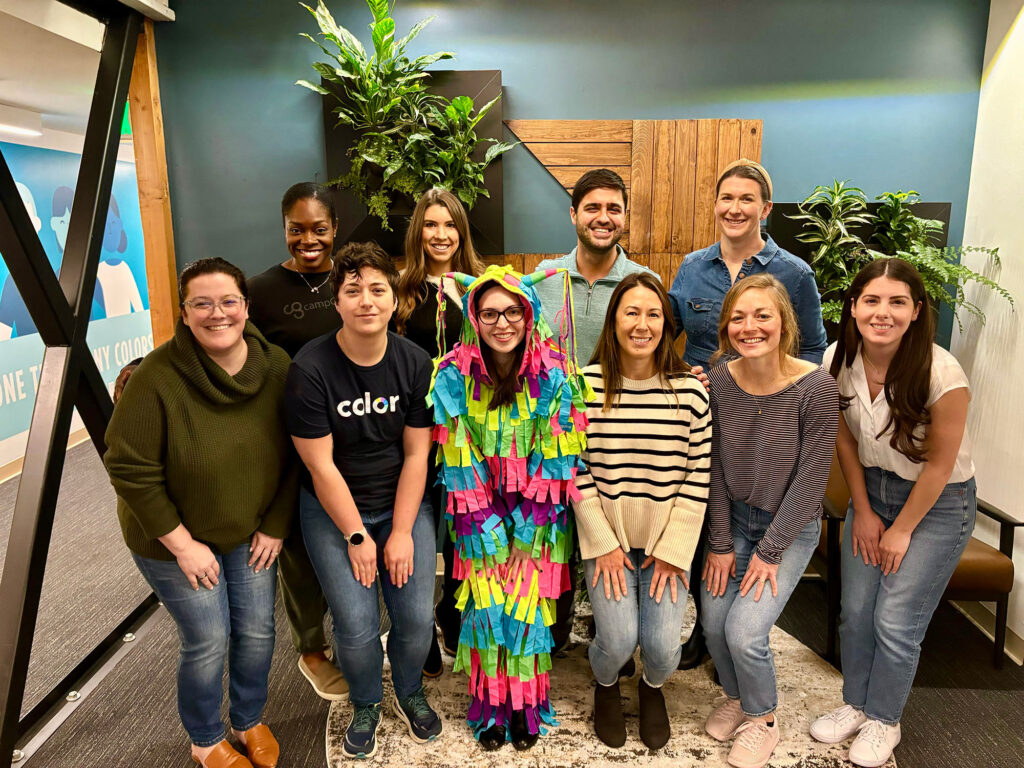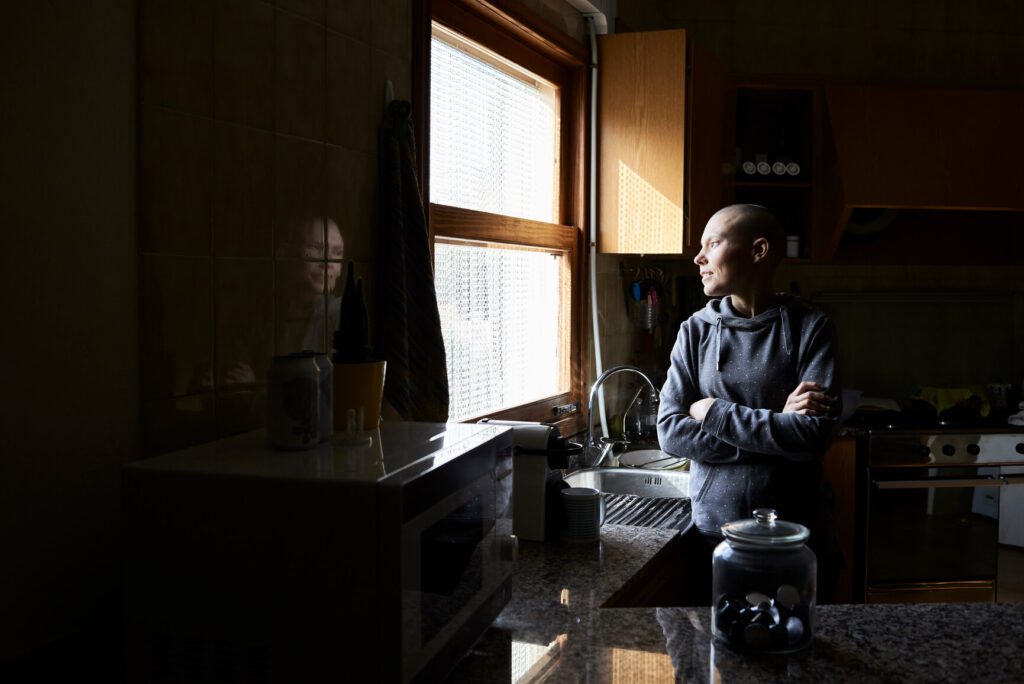News & Articles
What we’re up to at ACMG – Color
Anjali Zimmer
Yesterday the American College of Medical Genetics and Genomics (ACMG) Annual Clinical Genetics Meeting kicked off. A team of Color scientists is in Charlotte to learn about the latest exciting research from the world of genetics, and share what we’ve been up to ourselves.
At Color our primary goal is to expand access to clinical-grade genetic testing. As part of that, we’re getting more and increasingly varied genomic data, and we’re committed to using that data to further research which contributes to the scientific community’s overall genomic knowledge. This week at ACMG we’re bringing our largest group yet, and presenting work from across the company. Here’s a quick introduction to those presentations:
- Alicia Zhou, our head of research, will talk about insights gained from a group of more than 20,000 of the people who’ve taken Color’s Hereditary Cancer Test — one of the largest such studies ever undertaken. The low cost and easy access of this test has made this information available to high- and average-risk people who historically wouldn’t have had access to genetic testing. In fact, we found that 30% of our test takers aren’t eligible for genetic testing based on current guidelines. Nonetheless, more than 11% of all tested people carry a pathogenic variant in their DNA that increases their risk for hereditary cancer.
- Zheng Tan, from our genetics team, will present specifically on the people who took the Color test and had cancer. We found that cancer types for those with BRCA1, BRCA2 and Lynch syndrome-related genes matched what has previously been found in high-risk families. We also found a few cases of people with BRCA1 and BRCA2 who had colorectal cancer, supporting an emerging connection with those genes.
- Jeroen Van den Akker, from our bioinformatics team, will talk about prostate cancer, which accounts for almost 10% of all cancers in men today, a percentage which will probably grow as life expectancy increases. This makes it ever more important for the medical community and general public alike to understand prostate cancer’s underlying genetic components. Our research found that, of the more than one thousand people with prostate cancer that we tested, 12% had a pathogenic variant in a prostate cancer susceptibility gene. In addition to well-established risk-increasing genes (BRCA1, BRCA2, and Lynch syndromes genes), we found that several genes in related molecular pathways (PALB2, ATM, and CHEK2) might induce a similar increase in risk.
- Carmelina Heydrich, from our genetic counseling team, will present on pancreatic cancer, which accounts for an approximately 7% of all cancer-related deaths in the U.S. The condition is hard to detect and therefore has been much harder to study, but recent studies estimate that 4–10% of pancreatic cancers are hereditary. Analyzing a small cohort of people with pancreatic cancer, we found that 10% carried a pathogenic variant previously associated with pancreatic cancer. Not all of these mutation carriers would have met current testing guidelines, though, which suggests that testing of pancreatic cancer patients might need to be broadened.
- Natalie Lang, from our genetics team, will share how Color’s unique way of delivering test results is itself part of how we’re expanding access to genetic testing. If you were tested by a traditional testing lab, your results would come via a dense technical report delivered to your healthcare provider. Color’s reports are easy for people to understand while still offering the detail that healthcare providers need. To do this we draw on the talents of people across the company. Design professionals, software engineers, and genetic counselors all lend their expertise to making our reports informative and accessible.
- Our collaborator, Dr. Allison Kurian from Stanford, will present a study of the first year of the Color Family Testing Program, which encourages pathogenic variant carriers to invite their relatives to get testing at a lower price. In the past this process hasn’t been easy; variant carriers had to reach out to and educate their relatives, who in turn had to work with a local genetics specialist in order to get testing. Now Color Family Testing makes this “cascade testing” as easy as sending email invitations to family members. During the program’s first year, about half of invited relatives decided to get testing. And of those relatives who tested positive, 12% went on to invite more relatives to extend the reach of genetic knowledge to new branches of the family tree.
We’re excited to send this research out into the community, and if you’re going to be at ACMG this week, we hope to see you there — we’re at booth (#1413) To learn more about our current and upcoming studies and find out how to add Color genetic testing to your research study, you can find us at color.com/research.



